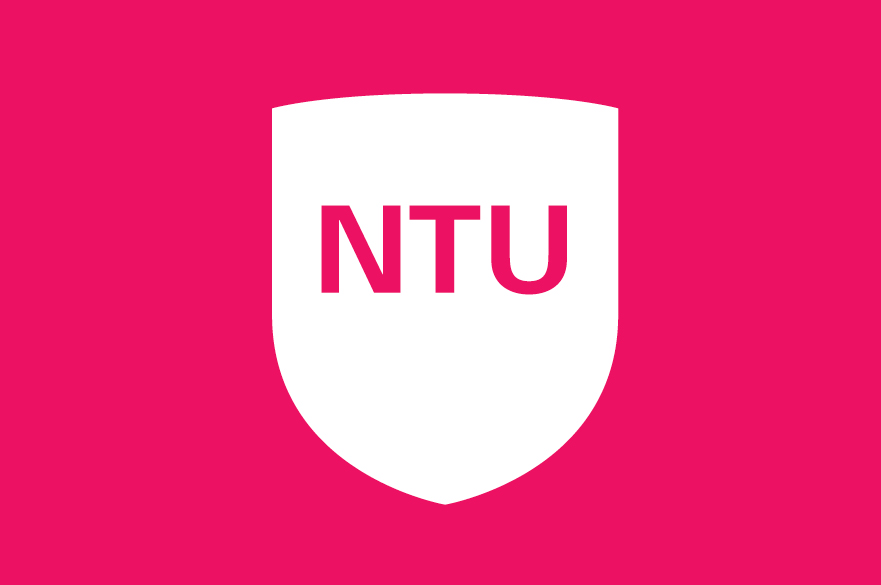Overview
The prohibition of interest in Islamic economics presents an alternative economic paradigm to secular interest-based systems. If adopted, interest-free financing predicated on equity participation rather than debt obligations would radically transform an economic system, potentially leading to greater resilience to shocks and economic crises, and a more socially just distribution of wealth.
However, the body of academic literature in Islamic economics developed over the last four decades since the renaissance of Islamic economic thought is almost entirely lacking in the type of quantitative rigour that would unlock far deeper insights into how the separate parts of the system, so far studied in partial equilibrium, come together and interact. Claims made that economic outcomes dominate those of secular economies have rational conceptual underpinnings, but have not been developed using modern quantitative techniques, particularly DSGE.
This project aims to apply DSGE modelling techniques to a stylized Islamic economy in order to understand and quantify the economic outcomes that result from a prohibition of interest, the profit and loss sharing basis of financing arrangements, and the payment of a mandatory tax on hoarded wealth used to finance welfare for the poor. The DSGE model developed in the project would also be calibrated using actual economic data.
Research questions addressed by this project:
- Is an Islamic economic system more resilient than a secular system to shocks? If so, to what extent? Does this resilience depend on the type of shocks?
- Does an Islamic economic system result in a more socially just/equitable distribution of wealth? If so, to what extent?
- How does the wealth tax change the behaviour of households, firms and the government?
- How does a tax on hoarded wealth interact with government taxes on income and influence fiscal policies?
- How should monetary policy be formulated in an Islamic economic system given that interest rates cannot be used to manage inflation, and traditional open market operations cannot be used to manage the money supply?
- Can an Islamic economic system reduce the natural rate of unemployment?
- Do the principles of an Islamic economic system lead to higher growth and greater efficiency?
- How should monetary and fiscal policies be developed for dual economic systems that have both secular and Islamic economic agents and structures?
Nottingham Business School is triple crown accredited with EQUIS, AACSB and AMBA – the highest international benchmarks for business education. It has also been ranked by the Financial Times for its Executive Education programmes in 2023 and 2024. NBS is one of only 47 global business schools recognised as a PRME Champion, and held up as an exemplar by the United Nations of Principles of Responsible Management Education (PRME).
Its purpose is to provide research and education that combines academic excellence with positive impact on people, business and society. As a world leader in experiential learning and personalisation, joining NBS as a researcher is an opportunity to achieve your potential.
Applications for October 2025 intake closes on 1st July 2025 and applications for Jan 2026 intake closes on 1st October 2025.
Staff profiles
Entry qualifications
Bachelor’s degree in economics or STEM subject at 2:1 or above. Master’s degree in economics with a strong quantitative/financial modelling component.
UK: Successful applicants for the PhD in Nottingham Business School normally hold a first or upper second-class honours degree from a UK university or an equivalent qualification. Candidates with a lower second-class degree may apply if they hold a Master’s degree at Merit level or higher.
International: Successful applicants for the PhD in Nottingham Business School normally hold a first or upper second-class honours degree from a UK university or an equivalent qualification. Candidates with a lower second-class degree may apply if they hold a Master’s degree at Merit level or higher.
International students will also need to meet the English language requirements - IELTS 6.5 (with minimum sub-scores of 6.0). Applicants who have taken a higher degree at a UK university are normally exempt from the English language requirements. Applicants who do not meet the English language proficiency requirement will normally be asked to complete an English Language course.
How to apply
Applications for October 2025 intake closes on 1st July 2025 and applications for Jan 2026 intake closes on 1st October 2025.
Please visit our how to apply page for a step-by-step guide and make an application.
Fees and funding
This is a self-funded PhD project for UK and International applicants.
Guidance and support
For more information about the NBS PhD Programme, including entry requirements and application process, please visit: https://www.ntu.ac.uk/course/nottingham-business-school/res/this-year/research-degrees-in-business
Nottingham Business School is triple crown accredited with EQUIS, AACSB and AMBA – the highest international benchmarks for business education. It has also been ranked by the Financial Times for its Executive Education programmes in 2023 and 2024. NBS is one of only 47 global business schools recognised as a PRME Champion, and held up as an exemplar by the United Nations of Principles of Responsible Management Education (PRME).
Its purpose is to provide research and education that combines academic excellence with positive impact on people, business and society. As a world leader in experiential learning and personalisation, joining NBS as a researcher is an opportunity to achieve your potential.
